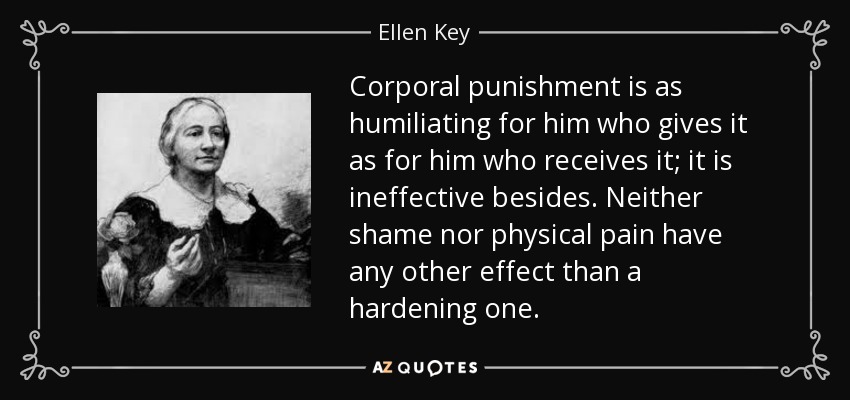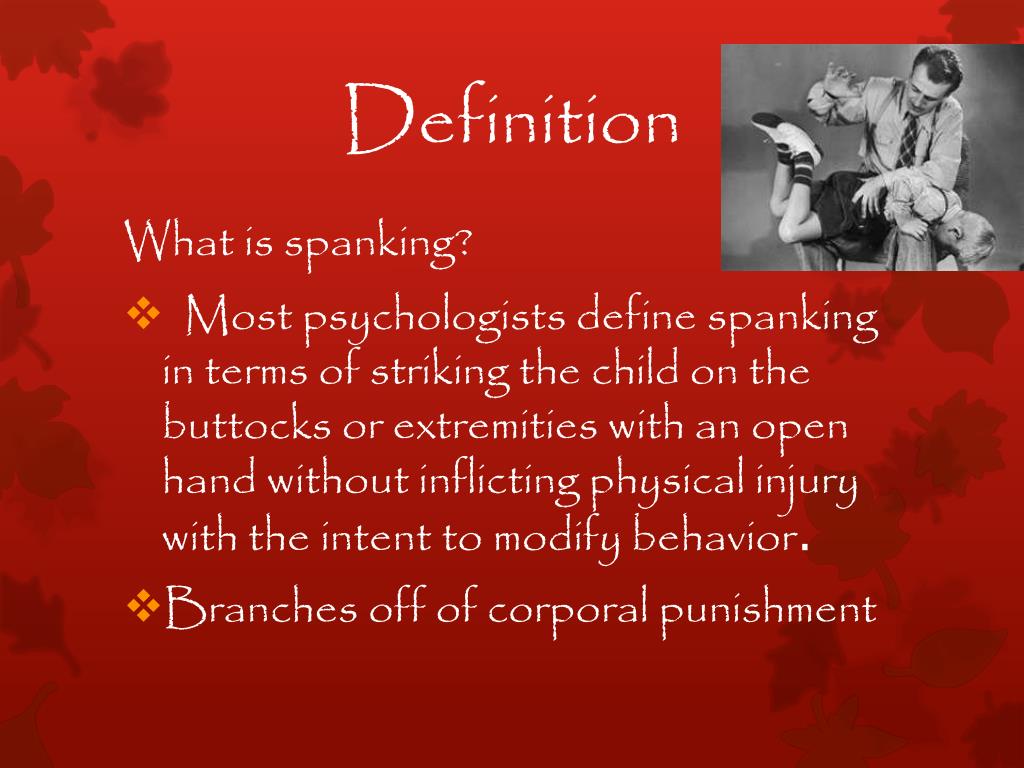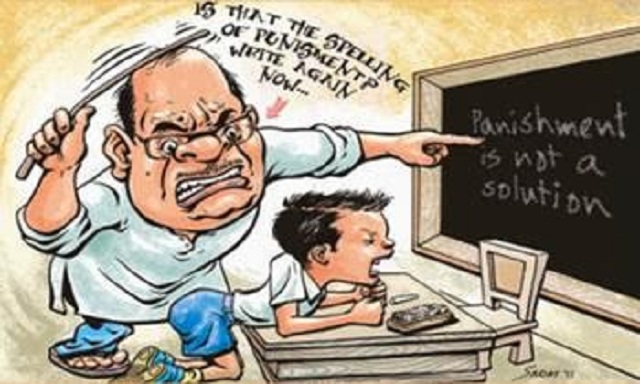

Davies (1999) observed that the use of physical punishment has an effect on children's working model of their relationship with their parents, and that "when the child is exposed to harsh and inconsistent discipline in infancy and toddlerhood, she is likely to model her behavior after the parent's" (p. Theoretically, research on the relationship of corporal punishment and children's antisocial behavior may be seen as part of a broad agenda of developmental research that focuses on the relationship between children and their parents (Gershoff, 2002). Fixed-effects regression methods were used with appropriate independent variables to develop a model with strong statistical controls for factors whose effects could be confounded with the effects of corporal punishment. Analytic methods, with more rigorous statistical controls than those that have been used in earlier research in this area, were used. In this study recent data from the NLSY were used to re-examine the effect of corporal punishment on antisocial behavior. In response to this contention that the use of corporal punishment is harmful, other authors have suggested that corporal punishment is either not always harmful (Gunnoe & Mariner, 1997) or is only harmful when it is excessive (Larzelere, 2000). Despite introducing several control variables into their model, these authors found that the use of corporal punishment predicted an increase in later antisocial behavior among children. In a seminal article, Straus and colleagues (1997) examined the effect of corporal punishment on a cohort of six- to nine-year-olds drawn from the National Longitudinal Survey of Youth (NLSY). parents believe in spanking their children when their children misbehave (Gershoff, 2002 Straus & Donnelly, 2001 Straus, Sugarman, & Giles-Sims, 1997), some research suggests that the use of corporal punishment may increase behavior problems among children (Eamon, 2001 Gershoff Straus & Donnelly Straus et al.). A particular focus of empirical research has been parental use of corporal punishment. Researchers studying parenting and family life have long been interested in studying the ways in which parents discipline their children. Key words: antisocial behavior corporal punishment fixed-effects model The analysis provides no evidence for differences in the effect of corporal punishment across racial and ethnic groups.


Corporal punishment had a nontrivial effect on children's antisocial behavior in later years despite the strong controls introduced by the fixed-effects models. The analysis was conducted using fixed-effects methods to control for observed independent variables and unobserved time-invariant variables. The author used a nonexperimental design and data from the National Longitudinal Survey of Youth.

This study was conducted to examine the effect of corporal punishment on antisocial behavior of children using stronger statistical controls than earlier literature in this area to examine whether the effect of corporal punishment on antisocial behavior is nonlinear and to investigate whether the effects of corporal punishment on antisocial behavior differ across racial and ethnic groups.


 0 kommentar(er)
0 kommentar(er)
